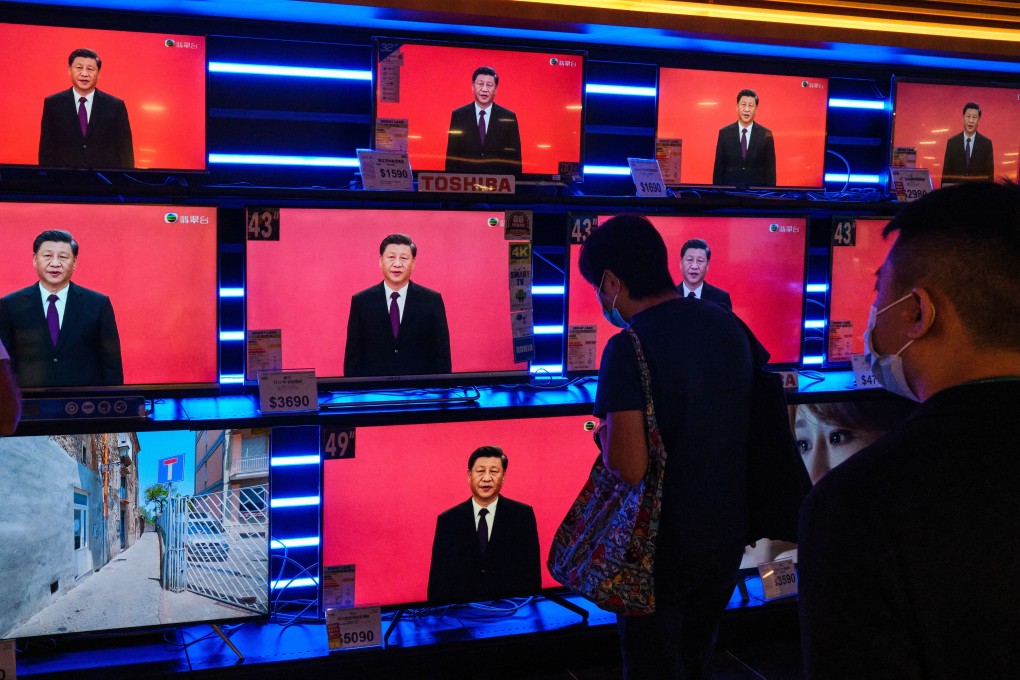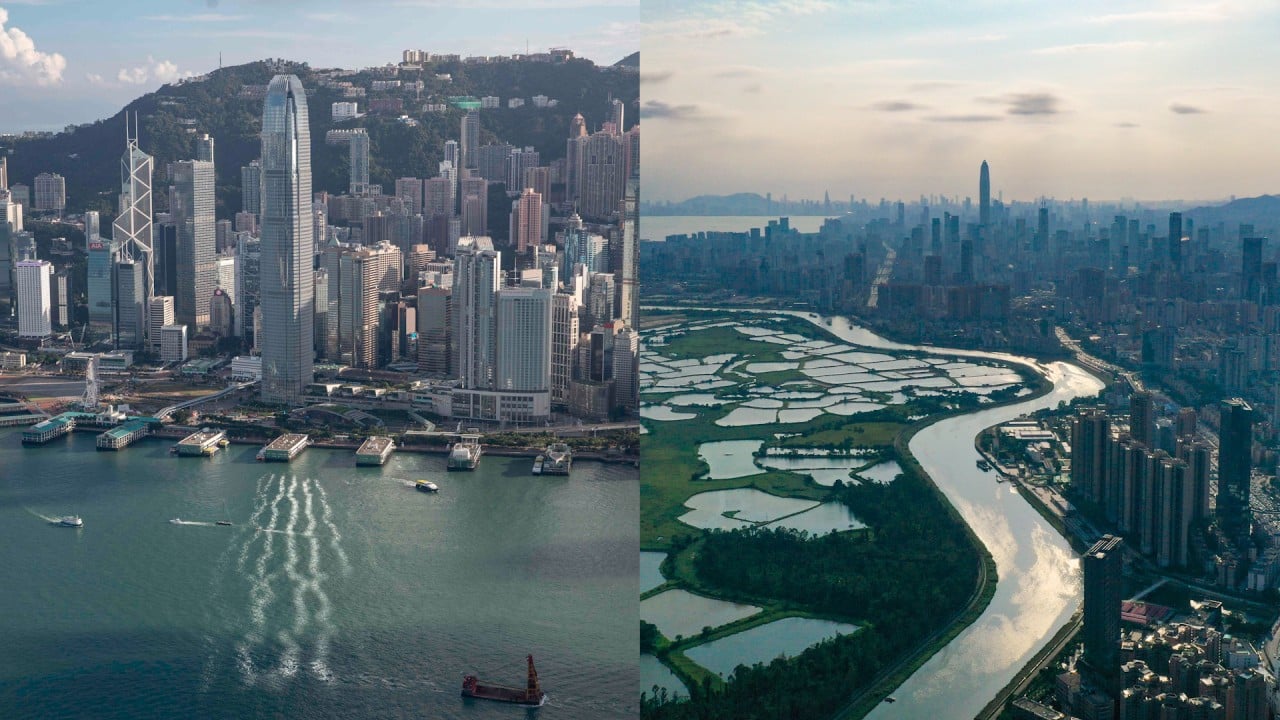Letters | Hong Kong must run to catch up with evolving hi-tech powerhouse Shenzhen
- Hong Kong has successfully adapted to changes in the trade environment over the years and must focus on this even more so now, to stay relevant and competitive as its next-door neighbour embarks on major economic restructuring

The Covid-19 pandemic has created a new context for widespread protectionism in global trade. This reinforces a conviction that it is time to move away from a laissez-faire business model, which opposes government interventions that limit individual choice, to a more state-managed economy.
For months, the US-China diplomatic stalemate has left Hong Kong’s officials confused, powerless and indecisive. The complexities of a polarised international landscape make it immensely difficult for the city to plan.
Moreover, health is taking precedence over wealth in a Covid-19 world. Many national leaders today are less willing to embrace laissez-faire as the only route towards prosperity and stability.
The challenge of trade barriers is nothing new to Hong Kong. As a vital platform of China’s power projection, Hong Kong cannot hold on to the position of neutrality in the event of an external crisis. In this volatile environment, Hong Kong officials and business leaders are probing the dynamics of international trade diplomacy to get the best deals.

05:25
Hong Kong's competitive edge questioned as Xi says Shenzhen is engine of China’s Greater Bay Area